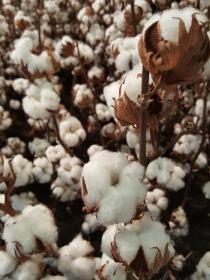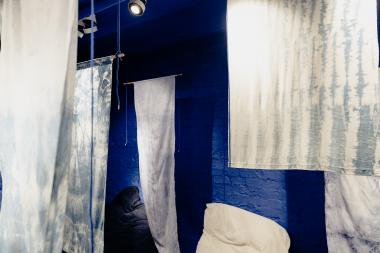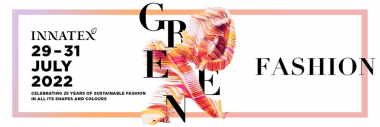Lenzing tops Canopy’s “Hot Button Ranking” 2022
- Lenzing again recognized for sustainable sourcing, innovation and transparency
- Lenzing achieves the highest category for the third time already
The Lenzing Group achieved first place in the “Hot Button Ranking” of the Canadian non-profit organization Canopy, thus confirming its leading role in the areas of sustainability and responsible wood and pulp sourcing. Lenzing can also once again celebrate a dark green shirt, synonymous with the highest category.
In this ranking, which receives a lot of attention in the textile and apparel industry, Canopy evaluates the world’s 34 largest producers of cellulosic fibers in terms of their sustainable wood and pulp sourcing, their efforts with regard to the use of alternative raw materials and their achievements in the protection of ancient and endangered forests. Resource preservation is a key element of Lenzing’s corporate strategy and at the core of its innovation agenda. The sustainable production of TENCEL™, VEOCEL™ and LENZING™ ECOVERO™branded specialty fibers is based on these principles.
Promoting the circular economy
With its REFIBRA™ and Eco Cycle technologies, Lenzing offers solutions for transforming the textile and nonwovens industries towards a circular economy. In line with its vision for the circular economy, “We give waste a new life. Every day.” Lenzing is driving the industry toward a full circular economy by striving to give waste a new life in all aspects of its core business and developing circular solutions together with potential partners inside and outside the current value chain. A milestone on this path is the cooperation with the Swedish pulp producer Södra. The two global market leaders, who have been proactively promoting the circular economy in the fashion industry for many years, are joining forces to give the topic a further boost and make a decisive contribution to solving the global textile waste problem by making fibers from post-consumer textiles.
Today, Lenzing offers lyocell fibers made from 30 percent recycled cotton waste. The company aims to launch lyocell, modal and viscose staple fibers with up to 50 percent recycled post-consumer content on a commercial scale by 2025 and to develop a new circular business model by closing the loops for post-consumer waste. By 2025, the company plans to enter into further partnerships with 25 key supply chain companies.
Lenzing AG





























